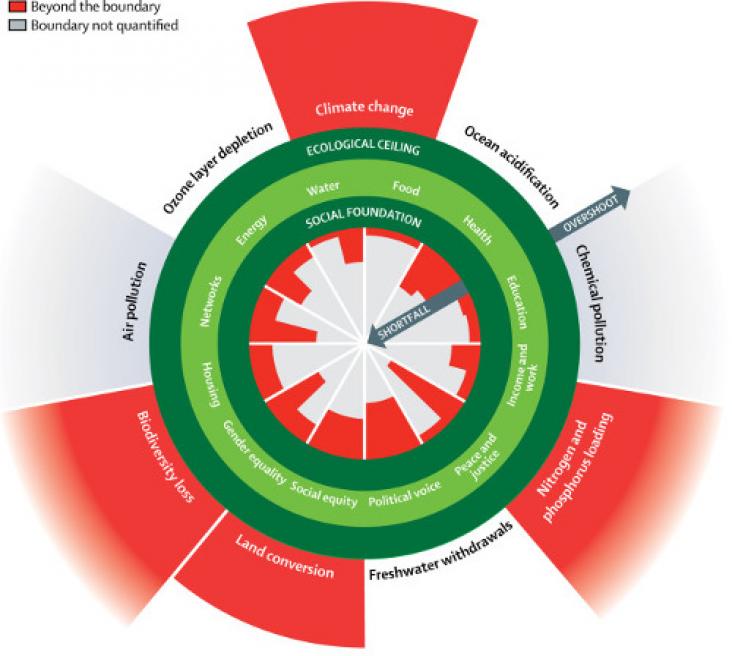Climate change, population growth and rapidly increasing urbanisation severely threaten water quantity and quality in Sub-Saharan Africa.
Open defecation is a major global health problem. The number of open defecators in India dwarfs that of other states, and most live in rural places.
Our study illustrates how consumer social risk footprints can assist in achieving the Sustainable Development Goals (SDGs).
Urban water and energy systems are crucial for sustainably meeting basic service demands in cities.
Background The availability of freshwater for irrigation in the Indian agricultural sector is expected to decline over the coming decades.

Despite the increased attention the sixth Sustainable Development Goal (clean water and sanitation) has brought, access to water in Sub-Saharan Africa is worse than ever: there are more people without access to water now than there were in 1990.
In order to fix the problem we need to understand what’s going wrong with our current approaches. That was the aim of an Atlas Award-winning study published in Water Resources and Rural Development, by researchers at Glasgow Caledonian University in Scotland, the University of Malawi in Malawi and the University of Lusaka in Zambia. Interestingly enough, since women and school aged girls are typically tasked with water fetching, by providing water access and sanitation authors feel there is an effect on others SDG like SDG 10 (reduced inequalities), SDG 4 (quality education) and SDG 5 (gender equality)
Effective communication to citizens is of prime importance during public health crises involving water.
This paper provides a systematic study of the location choice of new polluting firms driven by the 11th Five-Year Plan's water pollution reduction mandates in China.
The expansion and operation of water supply systems under growing demands, hydrologic variability, and water scarcity requires strategic decisions on supply sources for reducing and improving relia

